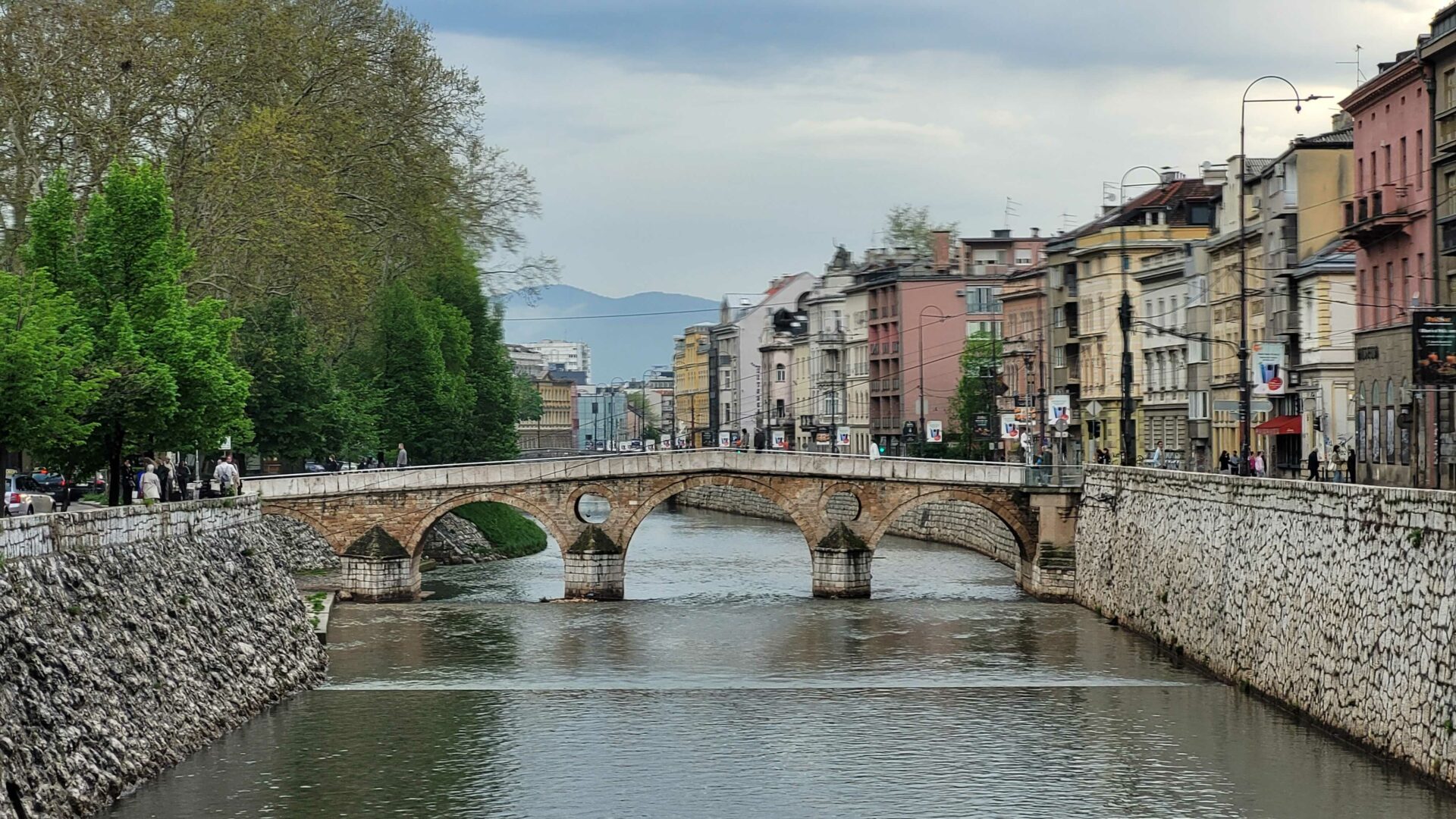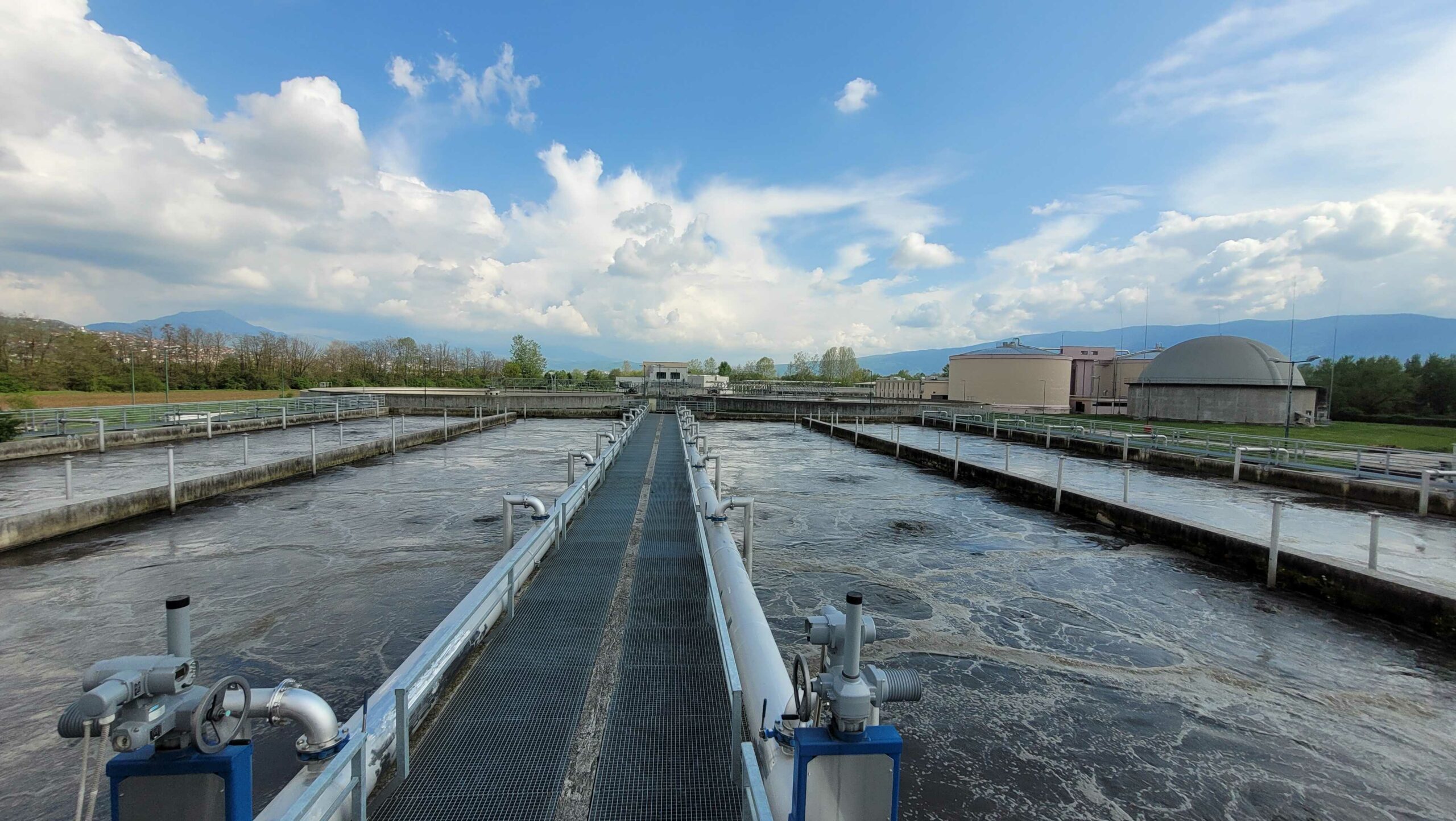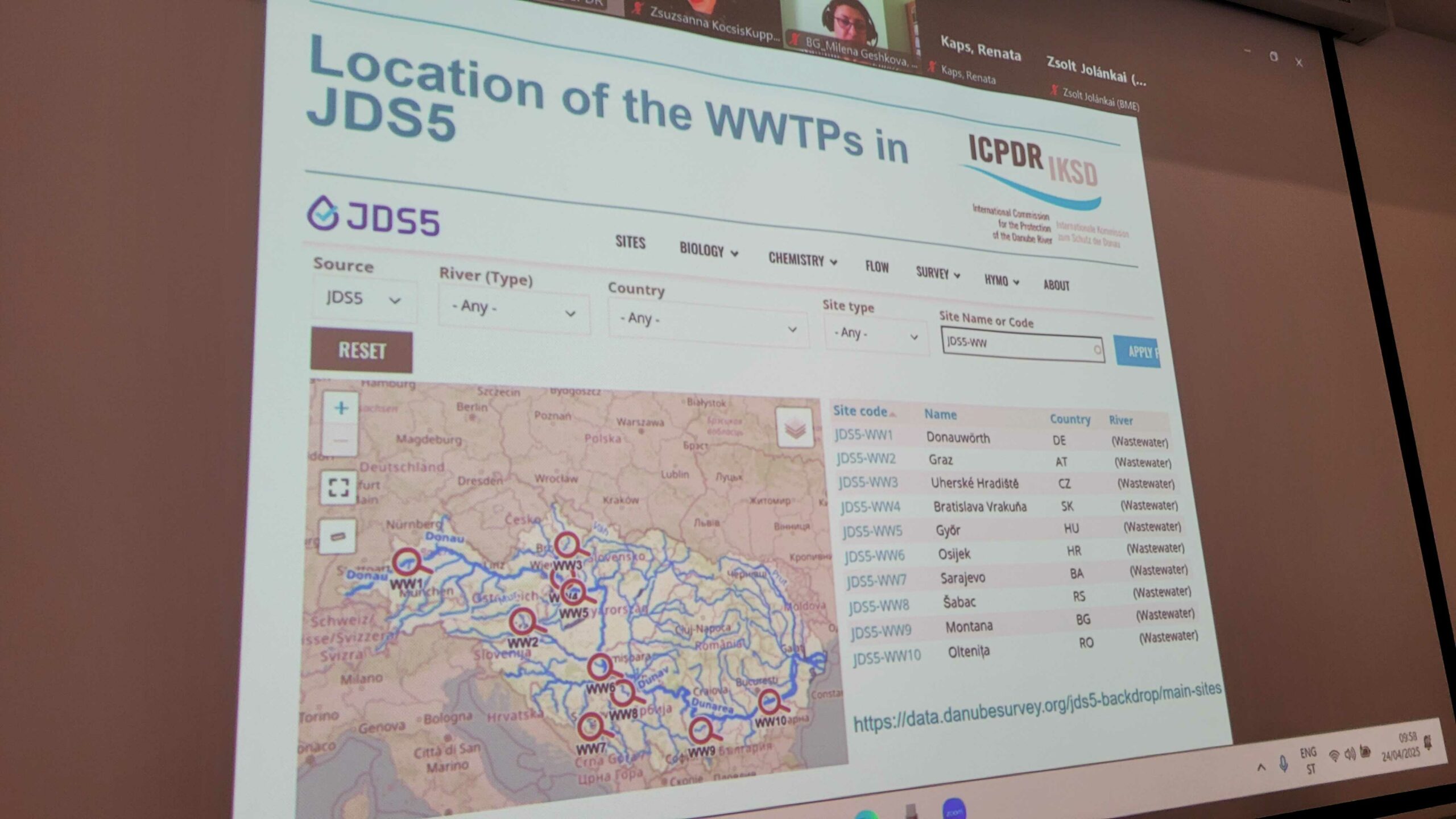International cooperation for a cleaner, healthier and safer Danube


Following the Institute’s activities within the International Commission for the Protection of the Danube River (ICPDR) and after the meeting of the Expert Group for Monitoring and Assessment of the State of Waters (MA EG) in Timișoara, a joint meeting of the Expert Group for Pollution Management (PM EG) and the Working Group on Nutrients (NTG) took place in Sarajevo at the end of April 2025. The representative of the Institute was Andrea Marinović Ruždjak.
The Expert Group on Pollution Management plays a key role in identifying sources of pollution, proposing measures to reduce pollution and harmonising ICPR activities with the relevant European Union legislation. Its responsibilities include the implementation of the Urban Waste Water Treatment Directive, the Nitrates Directive on the protection of waters against pollution from agriculture and other important water protection legislation. As part of PM EG, the Nutrient Working Group also works on reducing nutrient inputs into aquatic ecosystems and harmonising activities with water management and agricultural policy and legislation.
During the meeting, knowledge and experiences in the field of water protection were exchanged, focussing on current challenges such as pollution, sustainable agriculture and wastewater management. The participants discussed increasing problems such as climate change, microplastics in water bodies and the disposal of sewage sludge. Particular attention was paid to strengthening cooperation between water management and agriculture. Progress in the development of models to assess the emissions of nutrients and hazardous substances was also presented.
Part of the meeting was dedicated to the Fifth Joint Danube Survey (JDS5), which will include sampling at wastewater treatment plants as part of a broader initiative to better understand emissions of hazardous substances. The data collected will help to assess the efficiency of existing wastewater treatment plants and provide more detailed insights into the sources and pathways of hazardous substances in the Danube catchment area.
In addition, visits to the natural monument “Vrelo Bosne” and the Sarajevo wastewater treatment plant were organised, giving the participants a direct insight into the local challenges in the field of water management in Bosnia and Herzegovina.

